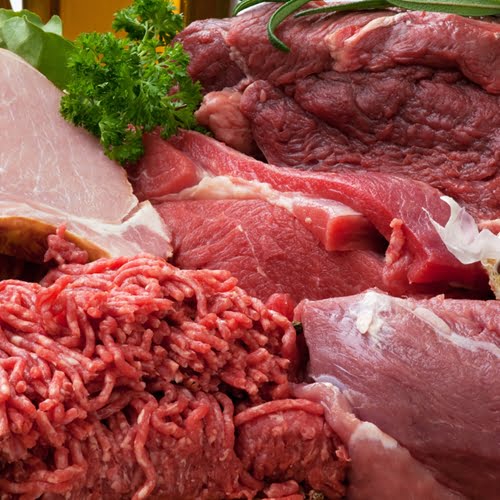U.S. labeling regulations that went into effect in 2013 required that meat products carry labels indicating the country where the animal was born, raised and slaughtered. Known as country-of-origin labeling (COOL), these labels were strongly opposed by neighboring countries Canada and Mexico, as it was believed the labels would put their products at an unfair market disadvantage.
In response, the World Trade Organization (WTO), which deals with the global rules of trade between nations, recently ruled that the labeling requirement was unfairly discriminatory.
U.S. Agriculture Secretary Tom Vilsack had implied last year that his agency would comply with the WTO’s ruling on the matter. This is not the first time the WTO has weighed in either, with a similar COOL bill being rejected in 2008. The current COOL regulations are an amended version of that initiative.
“The announcement today by the WTO dispute panel on the U.S. Country of Origin Labeling rule brings us all one step closer to facing retaliatory tariffs from two of our largest trading partners,” wrote National Cattlemen’s Beef Association President Bob McCan in a public statement.
The U.S. has 20 days to appeal the decision, which the the U.S. Trade Representative’s office told Reuters it was currently considering.
Labeling regulations are always subject to change at the whim of governing bodies or when new information comes to light. For organizations that rely on third-party printers for large pre-printed orders, this could mean significant losses of resources.
On-demand color product label printing helps organizations avoid these losses while streamlining the labeling process. Solutions such as the Epson TM-C3500 Label Printer, with its compact design and print speeds up to four inches per second, help organizations improve productivity.

